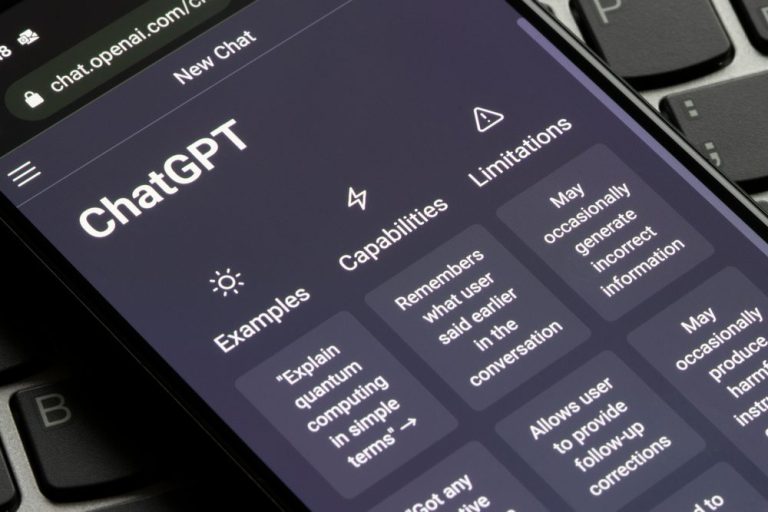But this is 2023.
To that end, the drumbeat of GPT announcements — promising to use conversational AI to transform commerce and payments — has been steady.
Walmart’s only one of the more visible examples here, where in recent weeks, the company has said that large language models can help add conversation and context to shopping. As reported in VentureBeat, the retailing giant has been building new shopping features on generative AI, enhancing Text to Shop (which allows users to add items to their carts by naming them aloud) and moving towards, eventually, generating 3D images of products, per reports.
Elsewhere, as noted in this space, in recent weeks, Zalando will add a ChatGPT-powered fashion assistant to its online platform for fashion and lifestyle. In terms of functionality, the company said this week, customers find and select items based on questions they ask using their own words or fashion terms. Generative AI, the company has said, can lead to personalized to offer personalized recommendations and offer suggestions on how to create outfits. Mercari has also introduced ChatGPT functionality.
The most common use of ChatGPT might be, at the moment, through text-based web chats. GPT-3 is used to create “human” responses to texts that approximate the natural flow of conversation itself (and to create new content). Google is reportedly adding generative artificial intelligence (AI) to its advertising operations to craft ads based on material created by human marketers that bring images, video and text together.
Advertisement: Scroll to Continue
Forging More Connections
The greenfield opportunity is there to marry speech and commerce: PYMNTS has found that there are 86 million consumers in the U.S. alone using voice assistants. Data shows 21 million more consumers are using smart home devices than had been seen last year.
The space, of course, is not solely the purview of Big Tech: SoundHound AI said this week that it had closed a new $125 million loan facility from Atlas Credit Partners with $100 million fully funded at closing. SoundHound says it is poised to “significantly grow” its subscription business with its AI-based customer service offering, which includes products supporting call answering and food ordering for restaurants.
But commerce is being transformed, too, behind the scenes, helping companies automate tasks, manage customer requests, manage inventory more effectively, improve supply chain flow and modernize payments. Last month, ChatGPT creator OpenAI said it will use Stripe’s financial infrastructure platform to monetize its ChatGPT and DALL-E AI products, while Stripe will incorporate OpenAI’s own generative AI technology into its products and services. OpenAI has been leveraged to launch a global payments system for several product lines, Emily Glassberg Sands, Stripe’s head of information and data science, told Karen Webster in a recent interview.
“When businesses in the AI economy can go to market quickly, this means in turn their customers can leverage AI tools to build entirely new businesses, or become more efficient by evolving their business model and better meeting the needs of their customers,” Sands noted.

